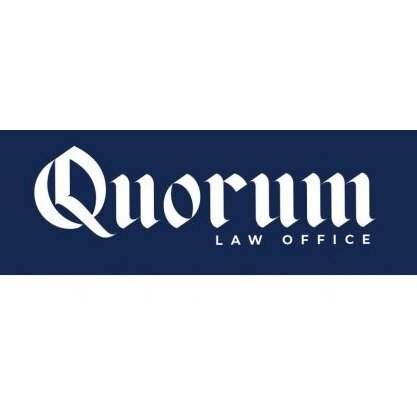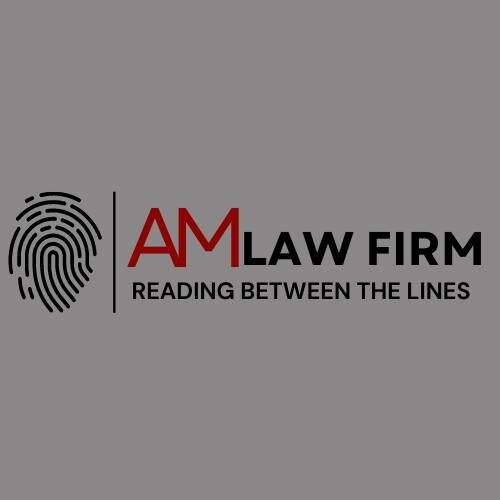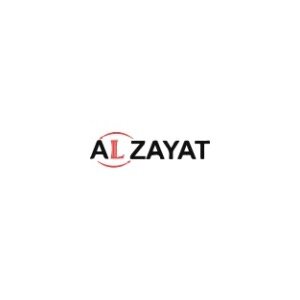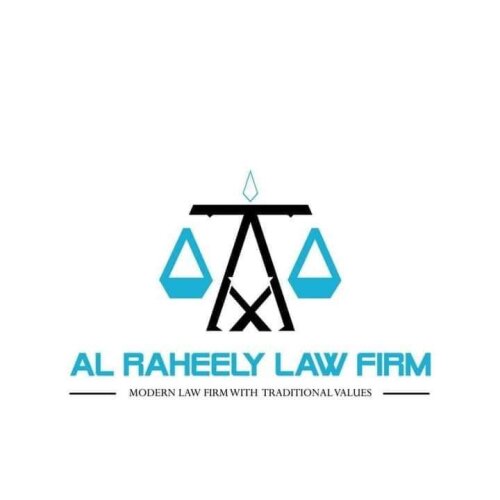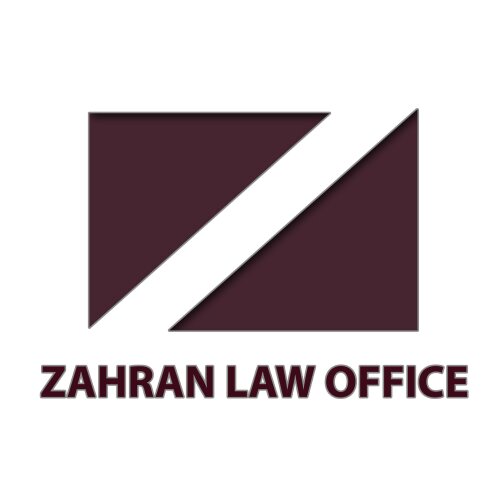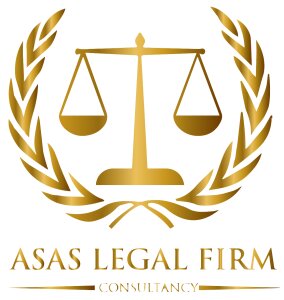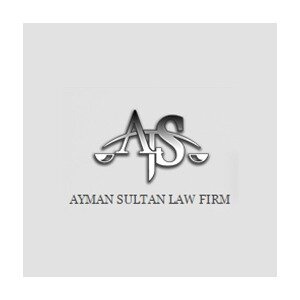Best Sanctions & Export Controls Lawyers in Cairo
Share your needs with us, get contacted by law firms.
Free. Takes 2 min.
List of the best lawyers in Cairo, Egypt
About Sanctions & Export Controls Law in Cairo, Egypt
Sanctions and export controls are important aspects of international trade law and national security in Egypt. These laws regulate the movement of goods, technology, and services across borders, particularly when dealing with countries, organizations, or individuals subject to restrictions. In Cairo, strict compliance with both domestic laws and international obligations is enforced. The law aims to prevent activities that could violate United Nations Security Council sanctions, put national interests at risk, or facilitate unlawful transactions, including those related to weapons, dual-use technologies, and money laundering.
Why You May Need a Lawyer
Legal counsel is often essential when navigating issues related to sanctions and export controls in Cairo, Egypt. Common situations where you may need a lawyer include:
- Ensuring compliance with Egyptian and international export restrictions when trading goods or technology.
- Advising your business on dealings with countries or entities subject to sanctions.
- Responding to government investigations or customs inquiries regarding potential violations.
- Challenging enforcement actions or penalties imposed by Egyptian authorities.
- Drafting contracts with foreign entities to include proper compliance clauses.
- Understanding updates or changes to sanctions lists and export control regulations.
- Conducting due diligence on foreign partners or suppliers.
- Managing issues related to financial transactions and sanctions screening.
The consequences of violating sanctions or export controls can be severe, including fines, asset freezing, loss of business licenses, and even criminal prosecution. Legal advice can help minimize risk and prevent costly mistakes.
Local Laws Overview
Egypt’s sanctions and export controls framework is defined in several national laws and regulations, supplemented by international obligations. Key aspects include:
- National Sanctions Laws: Egypt implements United Nations Security Council resolutions related to sanctions. The government imposes additional country-specific and sectoral sanctions where deemed necessary for national security.
- Export Control Regulations: The import and export of certain goods require authorization from the Ministry of Trade and Industry. Dual-use items, military goods, and technology transfers are particularly regulated.
- Financial Controls: Egypt’s Central Bank and anti-money laundering authorities oversee compliance with sanctions lists for financial transactions, including asset freezing and reporting suspicious activity.
- Customs Enforcement: Egyptian Customs is responsible for monitoring cross-border shipments, implementing embargoes, and investigating potential violations.
- Punitive Measures: Non-compliance can result in heavy administrative penalties, prosecution, confiscation of goods, and reputational damage.
Businesses operating in or with Cairo must remain vigilant, as regulations can change swiftly in response to international developments.
Frequently Asked Questions
What are sanctions and export controls?
Sanctions are legal measures that restrict trade, financial transactions, or other dealings with specific countries, organizations, or individuals. Export controls are regulations governing the export of certain goods, technology, and services, especially those with military or dual-use purposes.
Who enforces sanctions and export controls in Egypt?
The main bodies include the Ministry of Trade and Industry, the Central Bank of Egypt, Egyptian Customs, and the relevant security authorities. Each plays a role in monitoring, investigating, and enforcing compliance.
Which goods are subject to export controls in Egypt?
Certain machinery, electronics, chemicals, military-grade items, and dual-use technologies are controlled. The full lists are regularly updated by the Ministry of Trade and Industry and must be reviewed before exporting.
What are common penalties for violating sanctions or export controls?
Penalties can include fines, seizure of goods, suspension of trading licenses, blacklisting of individuals or companies, and even criminal prosecution for severe offenses.
Is it possible to obtain a license to export controlled items?
Yes. Exporters can apply for licenses or permits from the Ministry of Trade and Industry, provided they meet all regulatory requirements and do not intend to export to sanctioned destinations or entities.
How often do sanctions and export controls regulations change?
Regulations can change frequently, especially in response to international events or United Nations Security Council resolutions. It is important to stay updated or consult legal advisors regularly.
How can businesses screen for sanctioned parties?
Businesses should conduct due diligence using government-published lists and employ screening software for customers, partners, and transactions to identify any links to sanctioned parties.
Are there restrictions on financial transactions with sanctioned entities?
Yes. The Central Bank of Egypt enforces restrictions, and banks must freeze assets or block transactions involving individuals or entities on sanctions lists.
Can individuals be subject to sanctions in Egypt?
Yes. Sanctions can be applied to individuals involved in illegal activity or those named by international or local authorities.
What should I do if I am under investigation for a sanctions or export control issue?
Contact a qualified lawyer immediately to understand your rights, obligations, and the best course of action for responding to any investigation or charges.
Additional Resources
If you need more information or guidance, consider the following resources:
- Ministry of Trade and Industry: The authority for export licensing, import regulations, and compliance guidance.
- Egyptian Customs Authority: For information about customs regulations, prohibited items, and enforcement procedures.
- Central Bank of Egypt: For details on financial sanctions, reporting, and screening requirements.
- Egyptian Money Laundering and Terrorist Financing Combating Unit (EMLCU): For guidance on reporting and handling suspicious financial activities.
- Egyptian Bar Association: For finding qualified legal practitioners specializing in sanctions and export controls.
Next Steps
If you require legal assistance in matters related to sanctions and export controls in Cairo, Egypt, here are some recommended actions:
- Identify and consult a lawyer or law firm experienced in sanctions, trade law, and export controls.
- Prepare all relevant documentation regarding your trade activities or issues under investigation.
- Stay informed about the latest developments and regulatory changes impacting your business or activities.
- Establish internal compliance programs and provide employee training where needed.
- If approached by government authorities, contact your lawyer before responding or submitting information.
Professional legal guidance can help you navigate complex regulations, minimize liabilities, and ensure ongoing compliance with both Egyptian and international rules relating to sanctions and export controls.
Lawzana helps you find the best lawyers and law firms in Cairo through a curated and pre-screened list of qualified legal professionals. Our platform offers rankings and detailed profiles of attorneys and law firms, allowing you to compare based on practice areas, including Sanctions & Export Controls, experience, and client feedback.
Each profile includes a description of the firm's areas of practice, client reviews, team members and partners, year of establishment, spoken languages, office locations, contact information, social media presence, and any published articles or resources. Most firms on our platform speak English and are experienced in both local and international legal matters.
Get a quote from top-rated law firms in Cairo, Egypt — quickly, securely, and without unnecessary hassle.
Disclaimer:
The information provided on this page is for general informational purposes only and does not constitute legal advice. While we strive to ensure the accuracy and relevance of the content, legal information may change over time, and interpretations of the law can vary. You should always consult with a qualified legal professional for advice specific to your situation.
We disclaim all liability for actions taken or not taken based on the content of this page. If you believe any information is incorrect or outdated, please contact us, and we will review and update it where appropriate.




